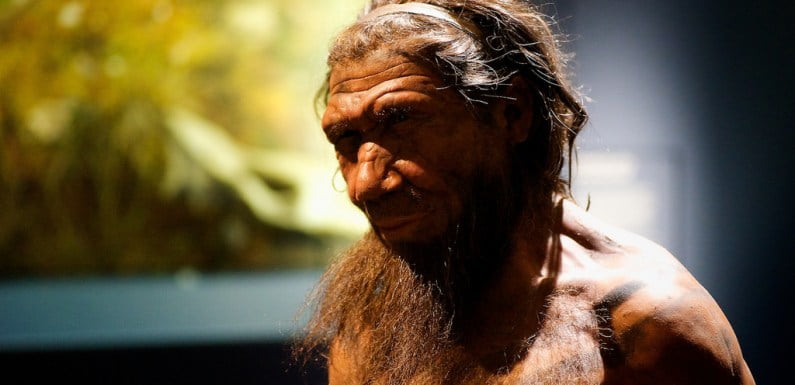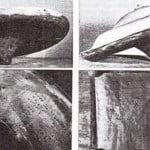
Previously, we came ahead of the announcement that scientists want to clone Mammoths. However, they probably didn’t find it so interesting since they decided to publish their desire to give a new lease on life for the dinosaurs and the Neanderthals.
Talking for Big Think, Dr. Michio Kaku, professor of theoretical physics at the City College of New York, imposed the question: what if it’s possible to breathe life into Neanderthals or dinosaurs by using their genomes?
And while the technological possibilities are, let’s say, not such a big of a problem, the ethical dilemma is immense. Is it humane to clone a Neanderthal? Should we give it a chance?
Dr. George Church is a geneticist and the director of Harvard University’s Church Labs. According to his opinion, not only we are able to clone a Neanderthal, we can also manage to do it in our current era.
Church didn’t put a foot down on doing the cloning immediately. However, he did support the scientific concept and the idea for it to eventually happen.
According to Church, the contemporary stem cell technology and our developed sequence of the Neanderthal genome, as essentials, are enough to favorably clone the Neanderthals.
The first time the cloning of Neanderthals was mentioned as an idea was back in 2013.
Back then, Arthur Caplan, a bioethicist at the NYU Center for Bioethics said that cloning a Neanderthal “lurches too close to exploitation. It rubs up too closely as starting to turn into bringing somebody into existence just as an object of other people’s interest.”
Neanderthals disappeared as a kind many years ago. Cloning a single one of them could signify a new revolutionary era where science and medicine would be free of ethical boundaries.
So, another controversial question emerged from the situation. If we manage to clone a living creature that existed over 60 million years ago, can we also do the same thing with a dinosaur?
Dr. Kaku thinks that cloning a Dinosaur will represent a very challenging undertaking. However, he doesn’t believe it is something beyond the bounds of possibility.
He thinks that type of cloning can happen by employing supercomputers in order to achieve a genetic sequence. Proteins present in the soft tissues of dinosaur femurs remind of those on chickens, frogs, and reptiles.
So, in the end, if we create a genetic sequence, we will accomplish all the requirements to clone a Dinosaur.
Back to the question of ethics and moral. What if we do manage to clone a Neanderthal child? Where will we keep it? Will it be held captive all its life as part of an all-life study?
Many scientists would agree that the idea of cloning a Neanderthal is too remorseless. What do you think?









